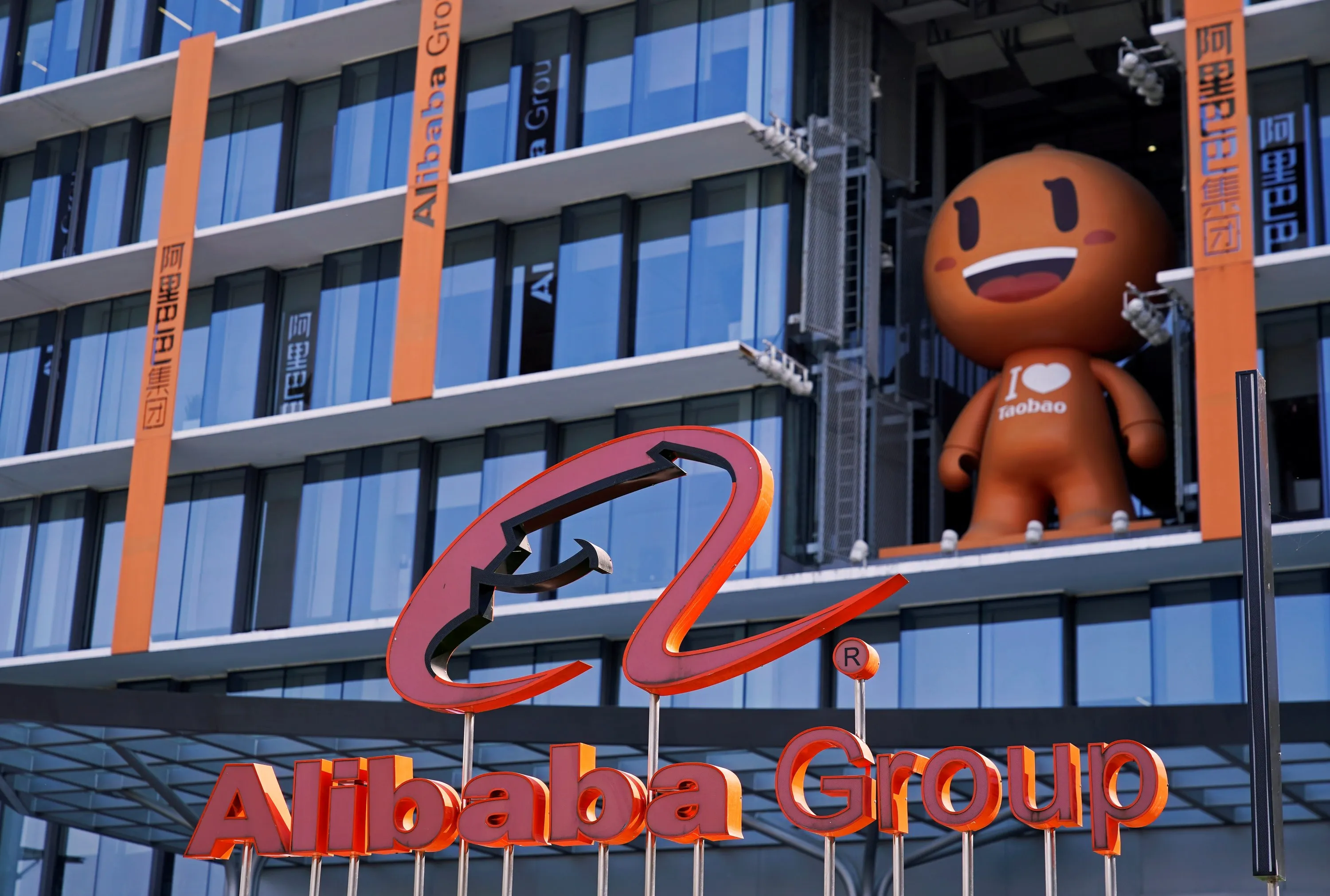One of the most significant changes to a leading Chinese tech firm in recent years has been the announcement by Alibaba that it plans to split its business into six groups.
Our understanding of this major change is as follows:
In addition to e-commerce and cloud computing, Alibaba's empire will focus on logistics, cloud computing, entertainment, and two other service businesses that serve multinational companies.
The company's logistics arm, Cainiao, handled the delivery of Chinese vaccines worldwide during the Covid-19 outbreak.
As a result of the Chinese government's decision to suspend a partnership with Alibaba last year, Alibaba's cloud computing service was seen as a rival to Amazon's.
As one of the most popular online video-sharing platforms in China, Youku is part of the entertainment division.
There will be separate CEOs and boards of directors for each unit, which will allow them to raise their own funds and pursue their own plans for public listing separately from one another.
As far as Alibaba itself is concerned, the Chinese e-commerce business will be maintained under its full ownership.
This restructuring, according to the company, was the "most significant" change in the company's 24-year history in terms of organizational change and overhaul.
According to Chairman Daniel Zhang, the market is the best litmus test, and each business group or company should be able to raise capital independently and announce an IPO at any time when it feels ready.
It has been suggested that Alibaba should split itself into smaller businesses so that the monolith can become more agile and insulated from government crackdowns, analysts believe.
According to Li Chengdong, founder of Dolphin, a Beijing-based think tank dedicated to technology, Alibaba's core e-commerce business recorded a decline last year due to competition.
Taobao is lighter and more capable of handling new kinds of competition as a result of splitting up."
Chinese regulators are cracking down hard on Alibaba, prompted partly by Beijing's fear that a small number of tech giants have amassed too much power and capital.
According to Jeffrey Towson, partner at Techmoat consulting, splitting things up is a smart move.
Consequently, (Alibaba) will not appear as such a dominant, solitary player in the market.
According to him, if there is a political issue with one part of the business, it will not affect the rest of the business.
There seems to be some indication now that the regulators are easing up on their crackdown.
After nearly three years of Covid restrictions, Chinese officials pledged greater support for the private sector at their annual rubber-stamp parliamentary session.
After an extended absence from the public eye, Alibaba's talismanic co-founder, Jack Ma, returned this week to China.
As recently as late 2020, Ma kept a low profile, in part due to a speech he made taking aim at Chinese regulators. It is widely believed that this may have provoked the Chinese government to pull Alibaba's Ant Group from a maiden IPO, which would have raised billions of dollars.
An analyst speculated that Ant and Alibaba might have been able to pull out of the regulatory doghouse with the announcement that Jack Ma no longer held controlling rights in the company in January.
It has been speculated that other big players may follow Alibaba's example in the future, which led Chinese tech shares to rise in Hong Kong on Wednesday.
It has been argued that the fate of the tech giant serves as a cautionary tale for other companies in China's crosshairs, and its reorganization plan may serve as a template for other companies in Beijing's crosshairs.
According to Willer Chen, senior research analyst at Forsyth Barr Asia Ltd, there is a chance that investors could get hyped on the positive side over the short term.
There is also the possibility that other tech companies like Tencent may follow Alibaba's example, if investors are encouraged by its shakeup plan.
In Towson's opinion, Alibaba has always been at the forefront of technological development.
"Many are watching to see if other companies are going to follow in its footsteps in the future. However, I do not know of any companies who are doing this right now."

Subscribe to our newsletter!
As a leading independent research provider, TradeAlgo keeps you connected from anywhere.








